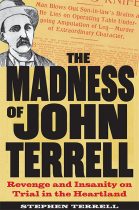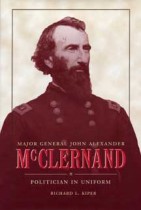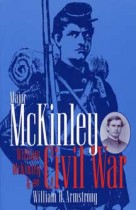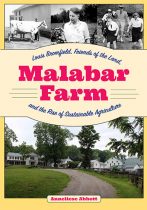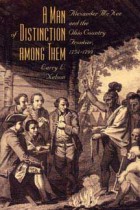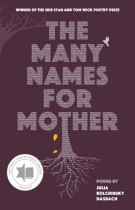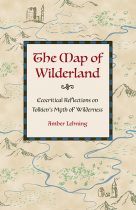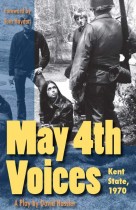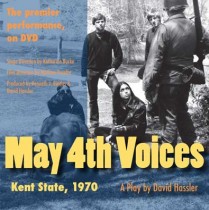Lynch Street
Tim Spofford | Filed under: Discover Black History, History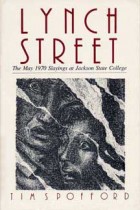
Only ten days after four white students had been gunned down by National Guardsmen at Kent State University in 1970, law enforcement officials fired upon and killed two young blacks and wounded twelve others in front of a women’s dormitory at Jackson State College in Mississippi. The first incident attracted media and public attention worldwide, overshadowing the later tragedy. Tim Spofford has not allowed the killings at Jackson State to be forgotten. Lynch Street presents the event in the context of the history of Jackson, Mississippi, as well as in the context of the student protests of the 1960s.

